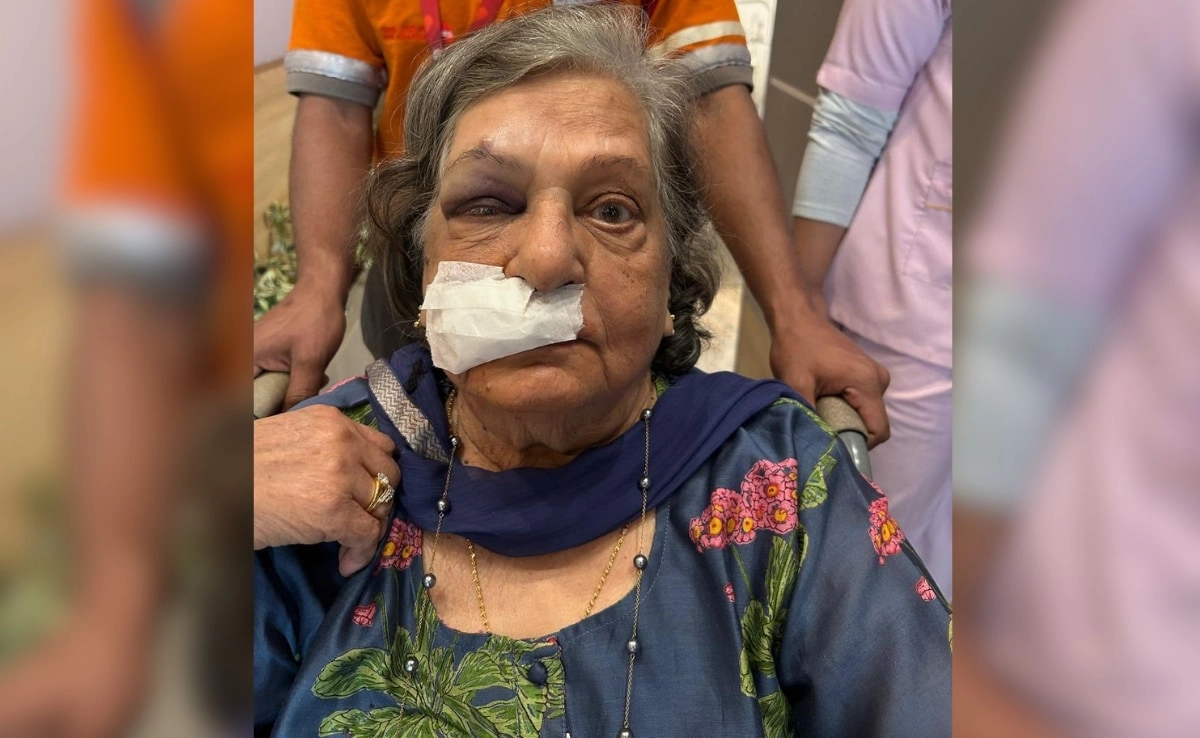In a recent political exchange, BJP leader K. Annamalai responded sharply to comments made by actor-turned-politician Kamal Haasan regarding a tragic stampede that occurred in Karur. Haasan’s remarks, which sought to address the underlying issues surrounding the incident, were met with Annamalai’s fierce criticism. The BJP leader accused Haasan of “selling his soul” for political gain, suggesting that the actor was using the misfortune of others as a platform to further his own agenda. This clash highlights the intense and often contentious nature of political discourse in India, where personal attacks and accusations are not uncommon.
The stampede in Karur, which resulted in numerous casualties, has sparked a nationwide conversation about safety at public events and the responsibility of political leaders to ensure the well-being of their constituents. Haasan, known for his outspoken views on various social issues, attempted to bring attention to these concerns through his comments. However, Annamalai’s response indicates a growing trend among politicians to dismiss criticisms from their opponents, especially when these criticisms touch upon sensitive issues such as public safety and tragedy.
Annamalai’s choice of words, particularly the phrase “sold his soul,” reflects a broader narrative in which political opponents are often accused of compromising their values for the sake of expediency. This rhetoric serves to rally the party’s base while simultaneously painting the opposition as insincere. Such interactions are emblematic of a polarized political landscape where nuanced discussions about pressing issues can quickly devolve into personal attacks and soundbites designed for maximum impact.
As the political situation in India continues to evolve, the stakes are high for leaders like Annamalai and Haasan, who must navigate a complex web of public sentiment, media scrutiny, and party loyalty. The tragic events in Karur serve as a backdrop for this ongoing conflict, illustrating how personal and political narratives intertwine. Ultimately, the challenge remains for politicians to address the real issues at hand while engaging in constructive dialogue rather than resorting to inflammatory rhetoric that does little to foster understanding or progress.




